63020-016
DNAgard® Tissue
Trial kit, for room temp preservation of DNA
Anmeldenzur Ansicht organisationsspezifischer und vertraglich vereinbarter Preise
Alle Fotos(4)
About This Item
UNSPSC-Code:
12352200
Empfohlene Produkte
Qualität
for molecular biology
Form
liquid
Verwendung
3 reactions
Lagertemp.
room temp
Leistungsmerkmale und Vorteile
- Protects DNA in tissues, cells and biopsy material from degradation at room temperature
- Compatible with most downstream applications, e.g., PCR, qPCR and sequencing.
- Optional dry-down feature allows for long-term storage
- Reduces storage and shipping costs and improves lab space management
Verpackung
3 tubes x 500 μL
Rechtliche Hinweise
DNAgard is a registered trademark of Biomatrica
Signalwort
Danger
H-Sätze
P-Sätze
Gefahreneinstufungen
Eye Dam. 1
Lagerklassenschlüssel
10 - Combustible liquids
WGK
WGK 3
Flammpunkt (°F)
Not applicable
Flammpunkt (°C)
Not applicable
Analysenzertifikate (COA)
Suchen Sie nach Analysenzertifikate (COA), indem Sie die Lot-/Chargennummer des Produkts eingeben. Lot- und Chargennummern sind auf dem Produktetikett hinter den Wörtern ‘Lot’ oder ‘Batch’ (Lot oder Charge) zu finden.
Besitzen Sie dieses Produkt bereits?
In der Dokumentenbibliothek finden Sie die Dokumentation zu den Produkten, die Sie kürzlich erworben haben.
Michael A Gray et al.
FEMS microbiology ecology, 83(2), 468-477 (2012-09-15)
Field collections of environmental samples, for example corals, for molecular microbial analyses present distinct challenges. The lack of laboratory facilities in remote locations is common, and preservation of microbial community DNA for later study is critical. A particular challenge is
A Allen-Hall et al.
Forensic science international. Genetics, 6(5), 653-657 (2012-01-25)
Disaster victim identification (DVI) poses unique challenges for forensic personnel. Typical scenarios may involve many bodies or body parts to identify in remote locations with limited access to laboratory facilities and in extreme temperatures. Transportation of tissue samples to a
Steven B Lee et al.
Forensic science international. Genetics, 6(1), 31-40 (2011-02-18)
The ability to properly collect, analyze and preserve biological stains is important to preserving the integrity of forensic evidence. Stabilization of intact biological evidence in cells and the DNA extracts from them is particularly important since testing is generally not
Unser Team von Wissenschaftlern verfügt über Erfahrung in allen Forschungsbereichen einschließlich Life Science, Materialwissenschaften, chemischer Synthese, Chromatographie, Analytik und vielen mehr..
Setzen Sie sich mit dem technischen Dienst in Verbindung.
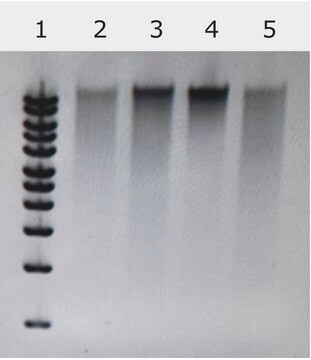
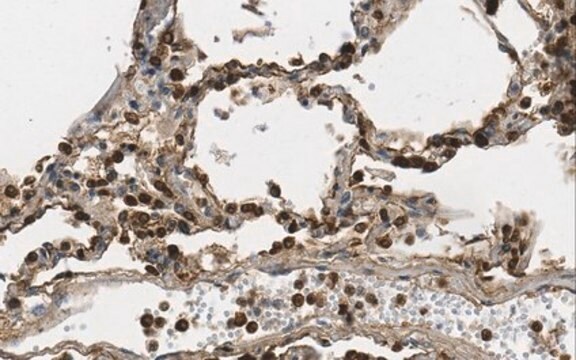
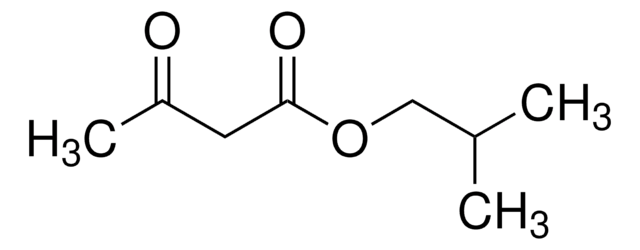
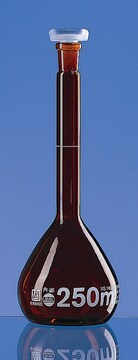

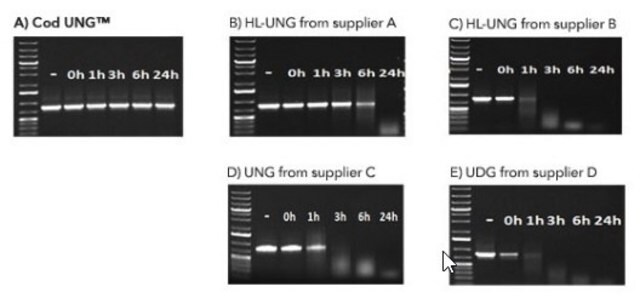

![1,1,1-Tris[(dodecylthiocarbonothioylthio)-2-methylpropionate]ethane 98% (HPLC)](/deepweb/assets/sigmaaldrich/product/structures/233/882/e9f09ad0-62a9-4bbe-b7c0-98b721824fa7/640/e9f09ad0-62a9-4bbe-b7c0-98b721824fa7.png)
